As a self confessed perfectionist myself, I understand the struggles: as a teacher, I want that outstanding lesson observation (phew, what a relief it was for me when my school finally got rid of putting grades on our observations!), wanting the perfect classroom (I'd say I've accepted 90% perfection with that one) all while wanting to look put together at work. Let's not even start on this website and how much time I spend on making things look just right for you! So I totally understand my perfectionist students too - I know that they hate getting things wrong, but as we know, it can be unhealthy when all their self-esteem relies upon getting 100% in a test...
As it is testing season, there will likely be a lot of anxiety in the air. There is so much pressure on test scores but I believe we need to convey to our students that success doesn't come from academic achievement, it comes from how they feel about their mistakes. The problem is many of our students emotionally react to their mistakes rather than think about them logically.
Here are a few conversations you have have with your "perfectionist" students to help put things into perspective:
Here are a few conversations you have have with your "perfectionist" students to help put things into perspective:
1) First of all, let's try and replace the word "perfect" with "expert". Perfection implies you should never make mistakes and quite frankly, if that were the case we wouldn't be human. Mistakes are not "bad" unless you're trying to be "perfect". However, an expert can still make mistakes and that's totally OK! Preferable in fact, because it shows they are continuously learning. If you never make mistakes then you're not growing...
Do you see how immediately just rephrasing things lets them off the hook?
Do you see how immediately just rephrasing things lets them off the hook?
2) Did you know research claims it takes 10,000 hours of experience before you can be considered an expert at something? But it's not just 10,000 hours of practice, it's 10,000 hours of the right kind of practice. How do you know when you're practicing the right way? By making mistakes of course!!! Mistakes are essential so you know which areas to work on to improve. It's like ironing really... those stubborn creases usually need a bit more time and attention, but eventually if you keep working at them, they'll smooth out.
We need to teach our students not only are mistakes "OK", but they're absolutely essential if our students are to ever be an "expert" at something. Even then they will continue to make mistakes if they are doing it right!
We need to teach our students not only are mistakes "OK", but they're absolutely essential if our students are to ever be an "expert" at something. Even then they will continue to make mistakes if they are doing it right!
3) Sometimes it feels "safer" to simply not even try out of fear of making mistakes because you feel at least that way, you're in "control" of a bad grade and therefore doesn't upset you as much. But that's not going to ever help you improve. No one starts as an expert, everyone has to work hard (even the ones who "seem" like it comes easy are usually working hard behind the scenes!). Make mistakes while you're young and in school - this is the safest place you can make mistakes as you will always have people around you who will help you iron out those wrinkles and get you on your way to becoming an expert!
We all know those students who have that fixed mindset and have already decided they "can't" do something, but really it's a self-defense mechanism to protect their self-esteem. By helping them feel safe to make mistakes in your classroom, it will make a world of difference in helping your students grow into confident learners!
We all know those students who have that fixed mindset and have already decided they "can't" do something, but really it's a self-defense mechanism to protect their self-esteem. By helping them feel safe to make mistakes in your classroom, it will make a world of difference in helping your students grow into confident learners!
Thanks for reading this post :) If you found this valuable, leave a comment below or share it out!
I truly believe if we make an effort to help our students gain a positive perspective when it comes to making mistakes, then they will gain the confidence to make mistakes and continue to improve, developing into lifelong learners!
What are some of the struggles your students have when it comes to making mistakes? Comment below, I'd love to talk to you more about this!
I truly believe if we make an effort to help our students gain a positive perspective when it comes to making mistakes, then they will gain the confidence to make mistakes and continue to improve, developing into lifelong learners!
What are some of the struggles your students have when it comes to making mistakes? Comment below, I'd love to talk to you more about this!
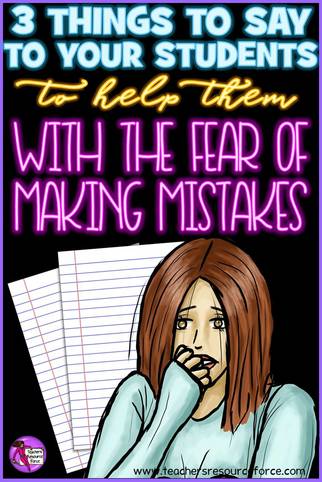





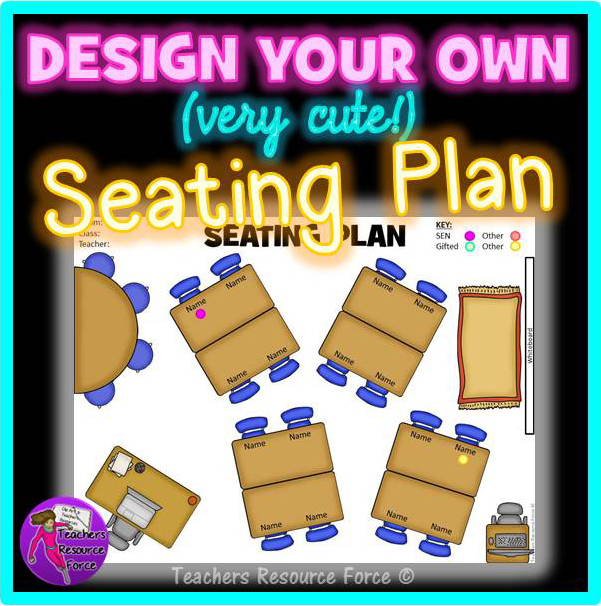
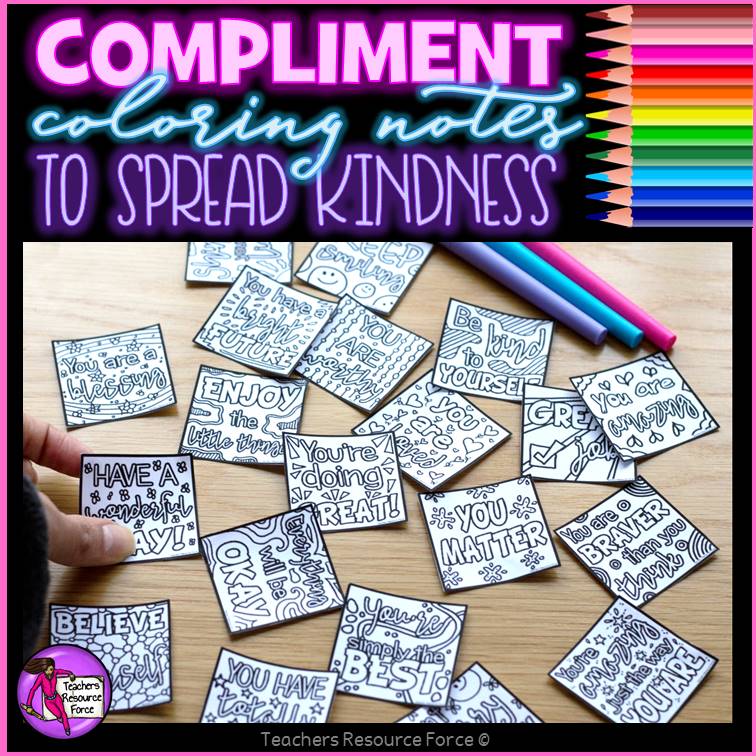
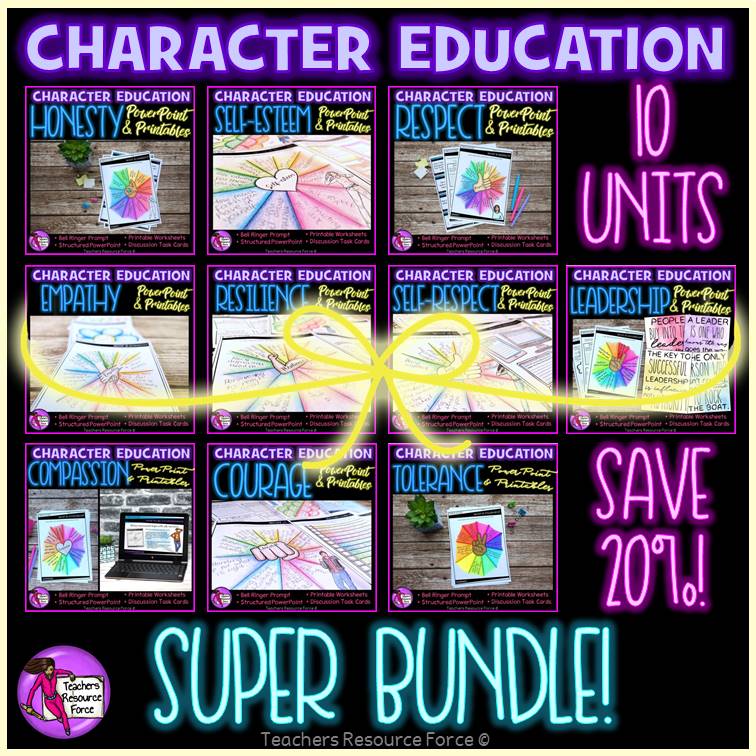
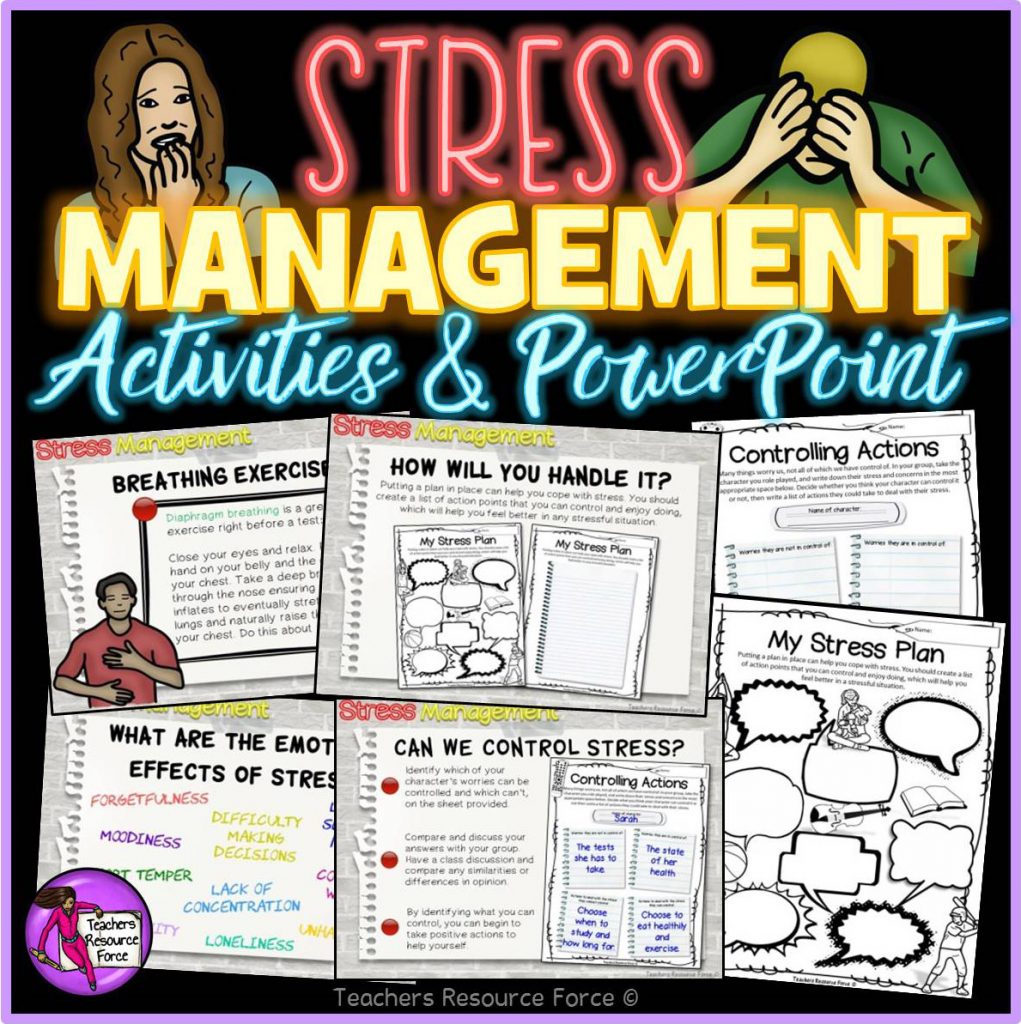
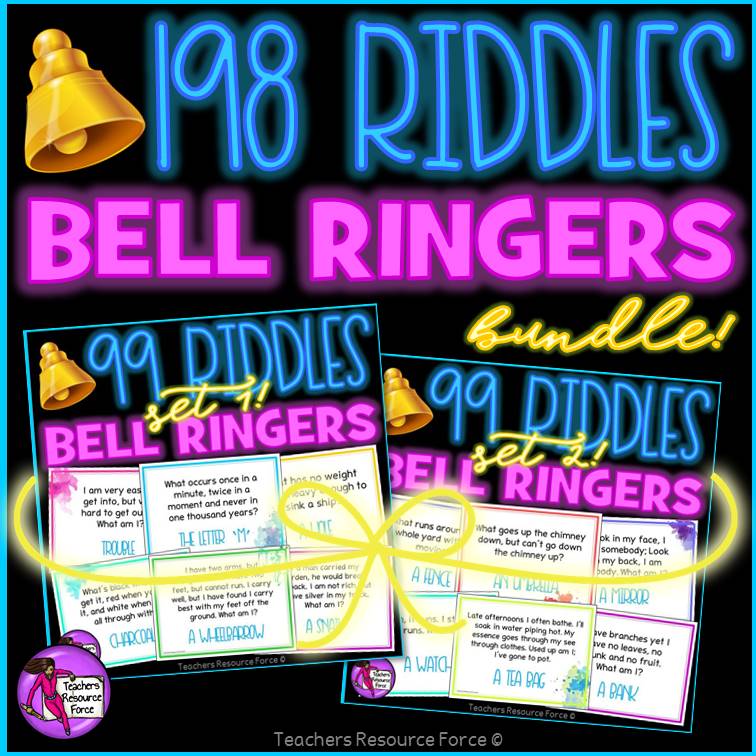
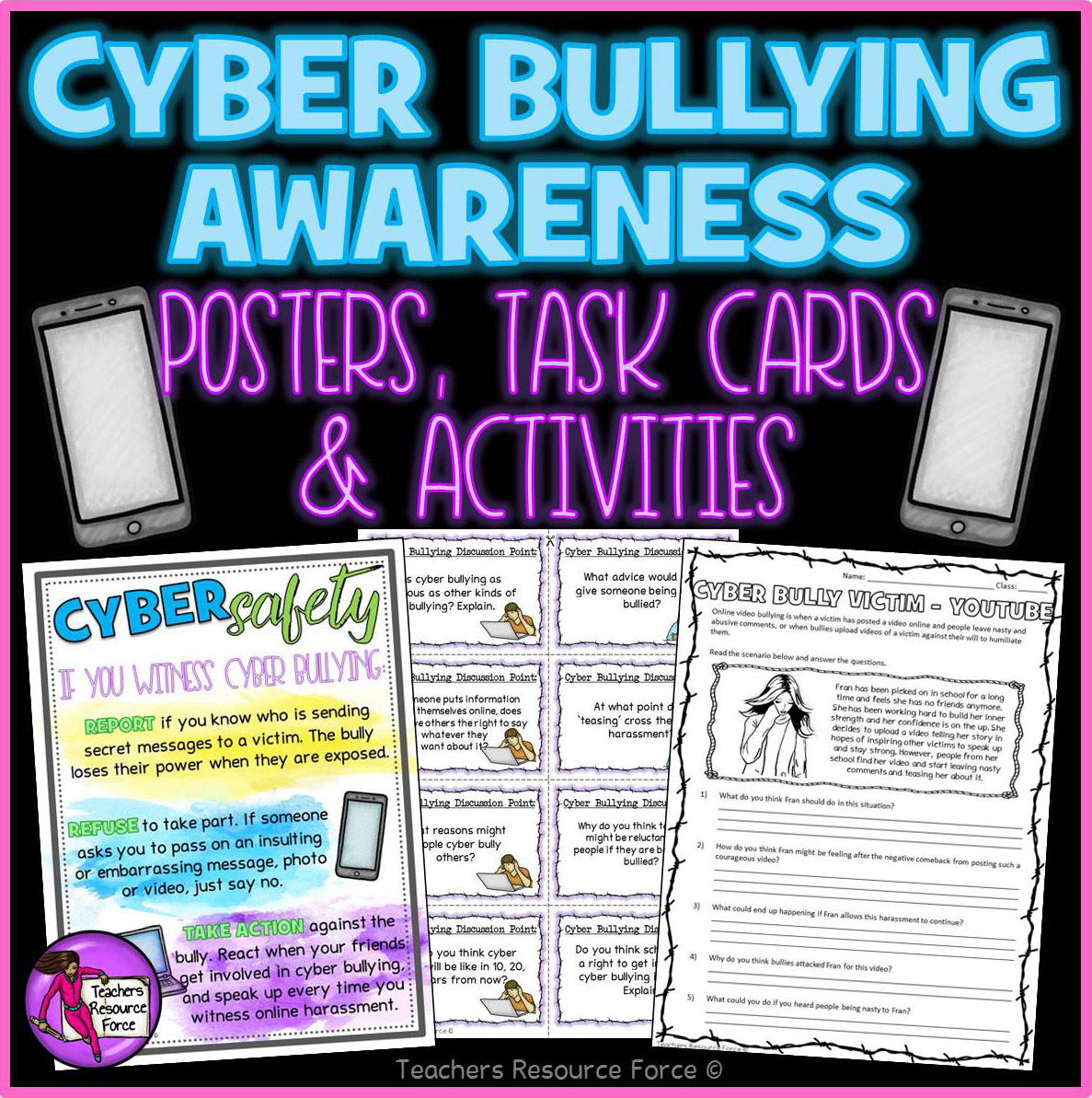





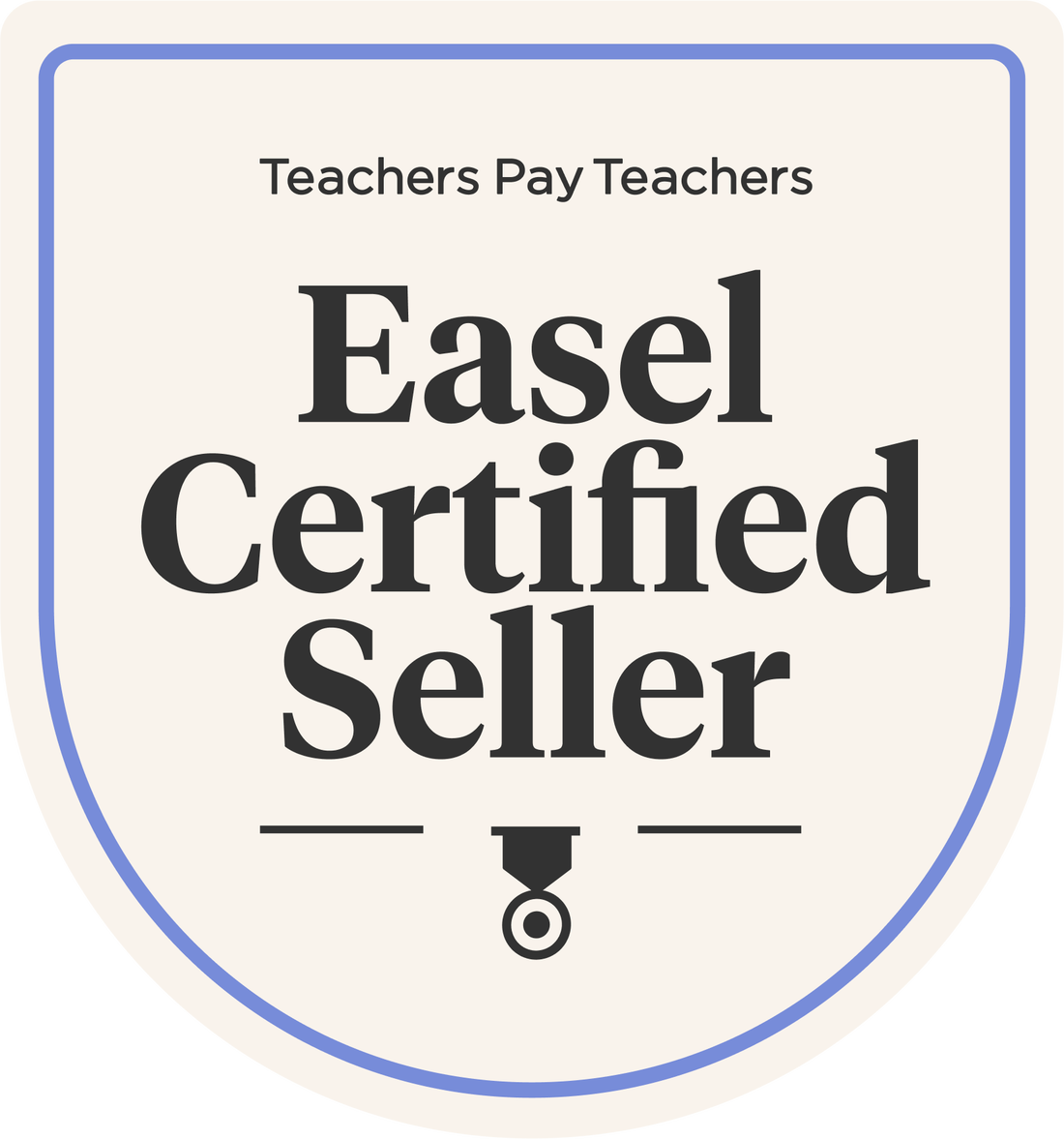


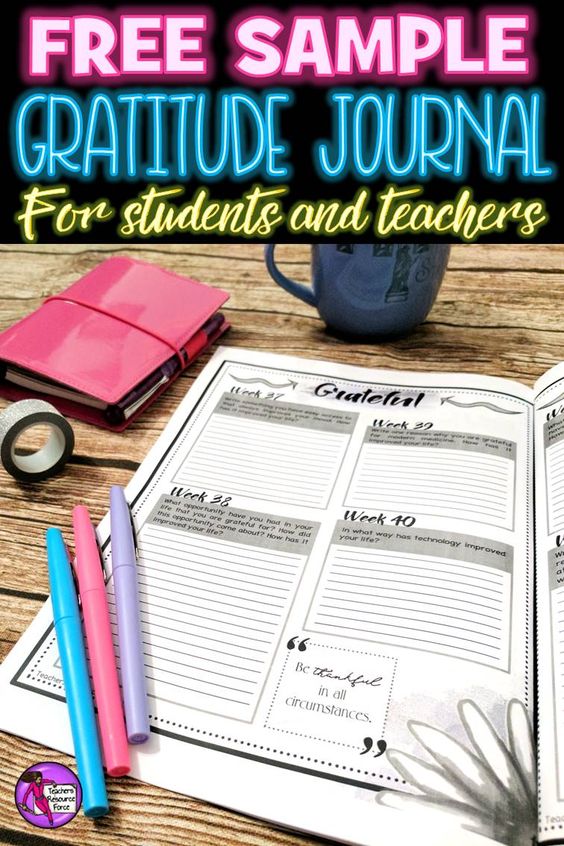
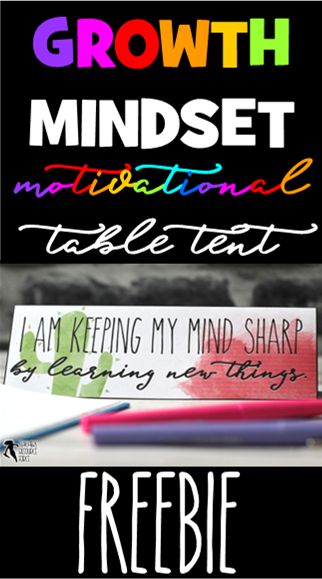

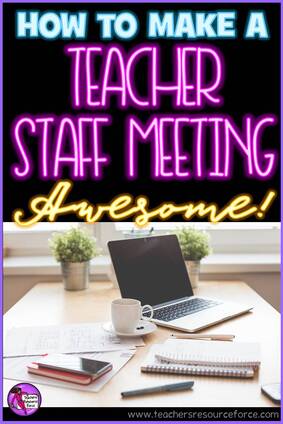

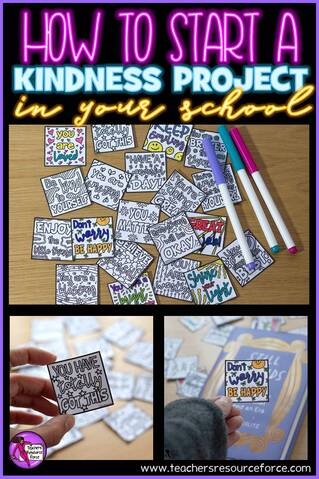


 RSS Feed
RSS Feed



